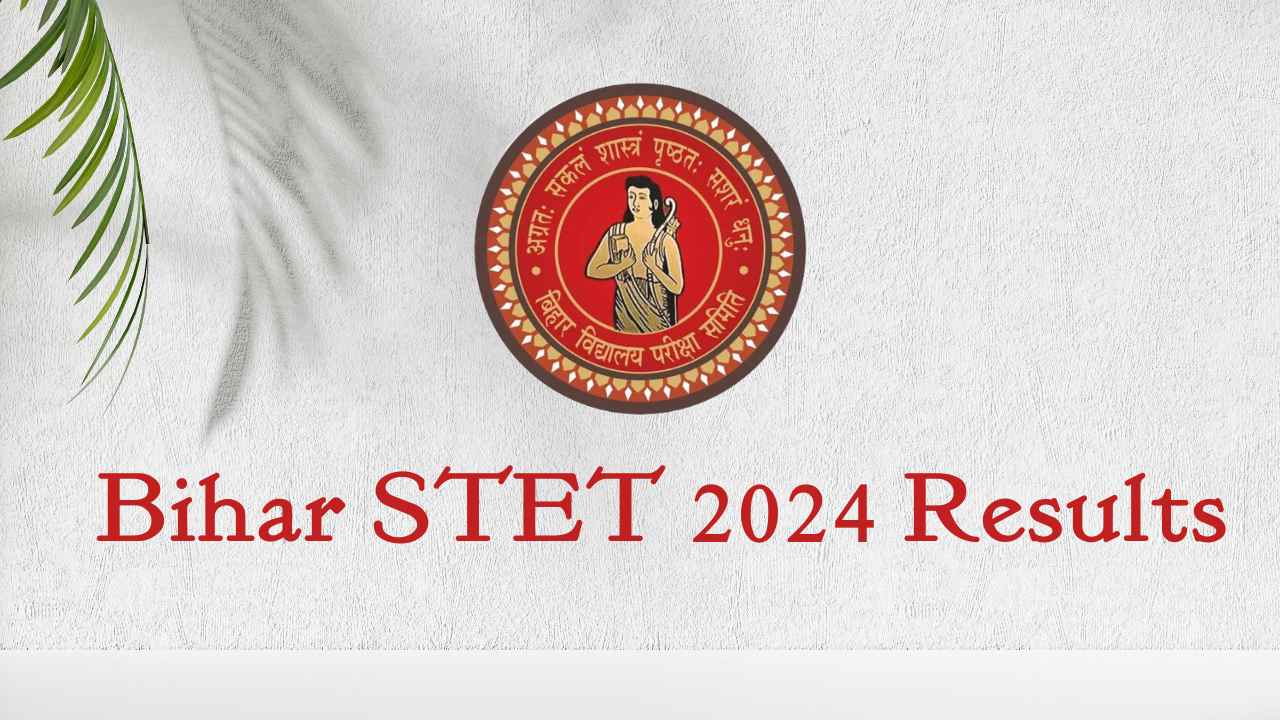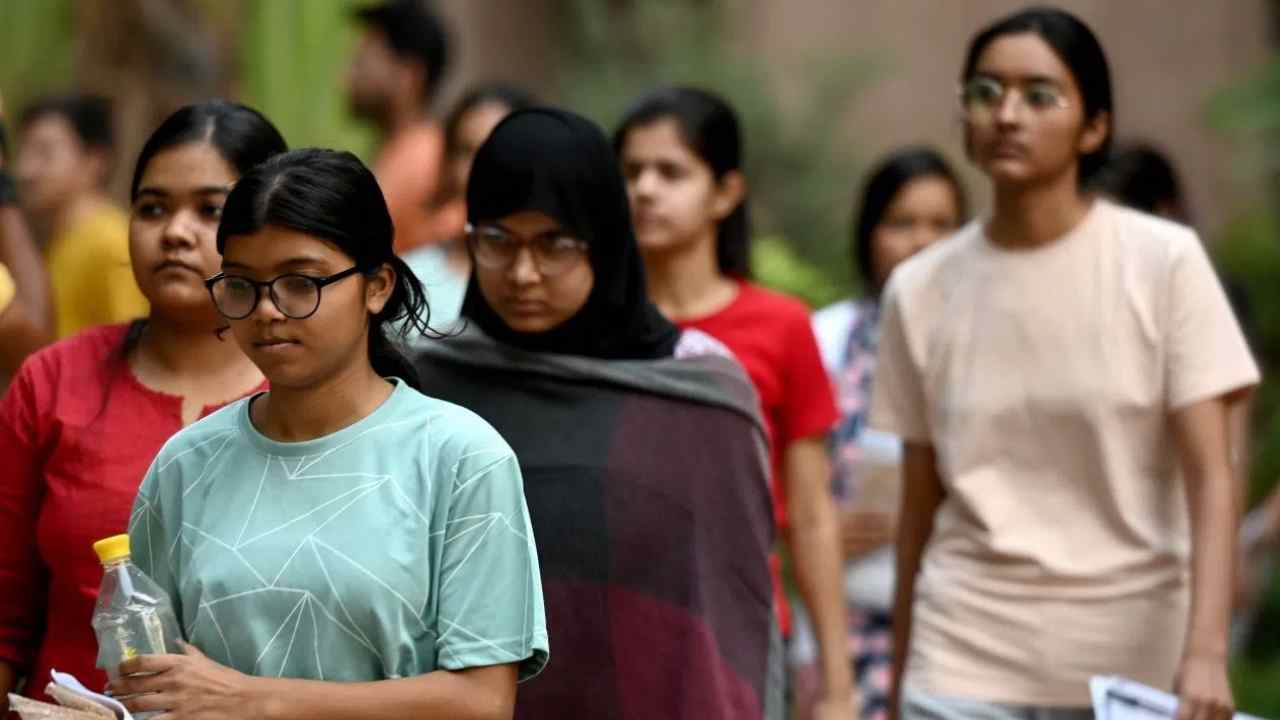The Supreme Court of India has recently provided a significant relief to final year law students by allowing them to participate in the All India Bar Examination (AIBE). This pivotal decision was made to ensure that students in their final year of the LLB program can sit for the upcoming AIBE scheduled for November 24. The decision stemmed from a petition that challenged the Bar Council of India’s (BCI) earlier ruling, prohibiting final year students from registering for the examination.
Supreme Court’s Intervention
The Supreme Court’s directive came after the BCI was asked to respond to the petition filed by nine final year LLB students from the Campus Law Center and Law Center of Delhi University. These students challenged the BCI’s decision, arguing that preventing them from taking the AIBE was against previous Supreme Court rulings stating that final year law students should be allowed to appear for this important exam.
Background of the Petition
The petition highlighted that the BCI’s notification was contrary to the Supreme Court’s directions, particularly indicating that the examination should be accessible to final year students. The Supreme Court had previously ordered the BCI to conduct the AIBE twice a year to ensure that law graduates have adequate opportunities to complete the certification process required to practice law in India.
The Importance of the AIBE Exam
The All India Bar Examination is a crucial national-level test conducted by the BCI for law graduates who aspire to practice in Indian courts. Successfully passing the AIBE is a prerequisite for obtaining a practice certificate, which is mandatory for any individual wanting to represent clients legally in the country.
About the Examination
The AIBE is known for its extensive reach, being conducted in various cities across India and in multiple languages, including Hindi, English, Tamil, Telugu, Kannada, Marathi, Bengali, Gujarati, Oriya, Assamese, and Punjabi. This multilingual approach ensures that a wider range of law graduates can access the examination, thus promoting inclusivity within the legal profession.
Conclusion
With the Supreme Court’s recent ruling, final year law students can now breathe a sigh of relief as they prepare for the AIBE. This decision not only aligns with previous court orders but also reaffirms the importance of providing equal opportunities for all law graduates to enter the legal profession. As the examination date nears, aspiring lawyers can seize this chance to demonstrate their knowledge and skills, paving the way for their future careers in law.











